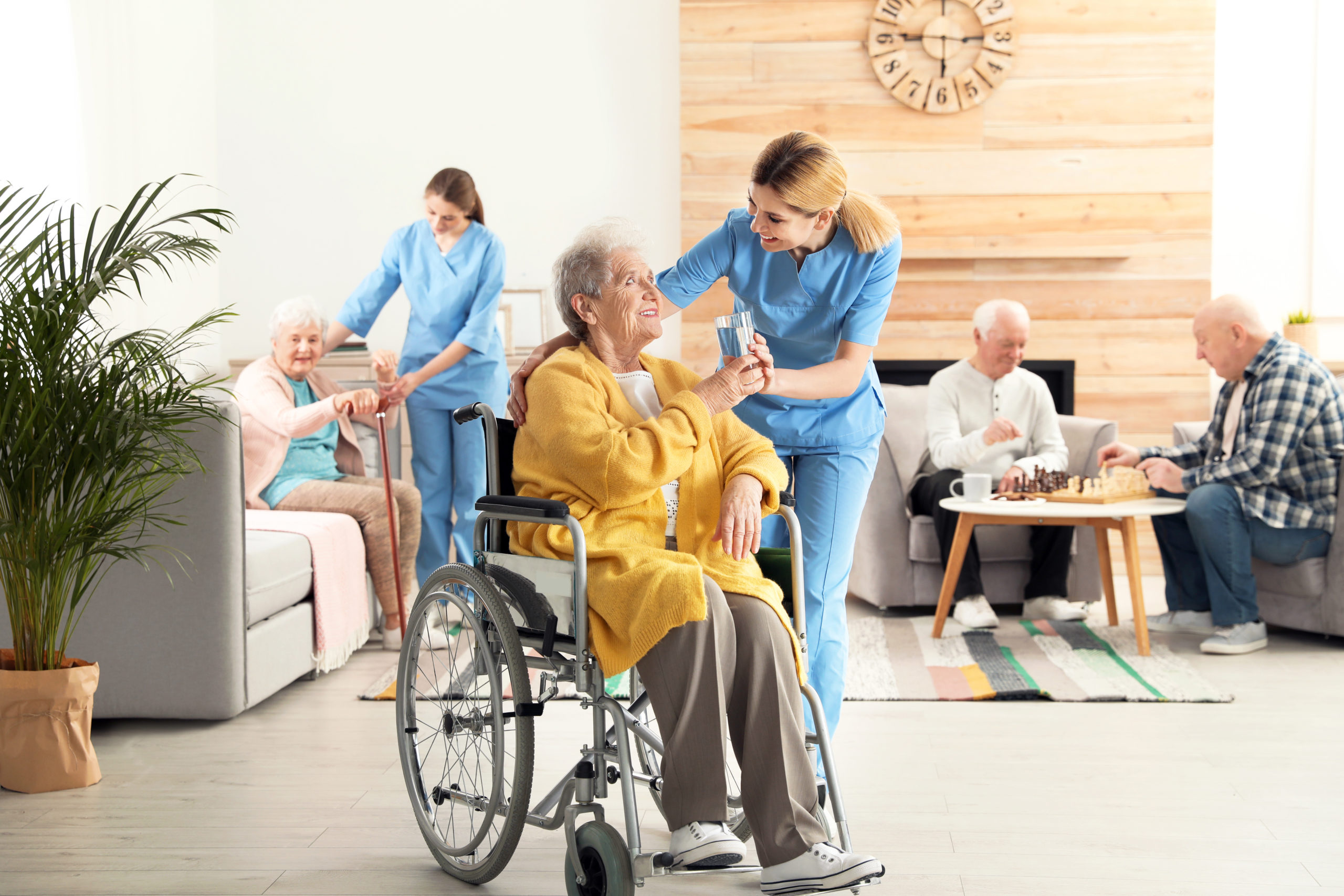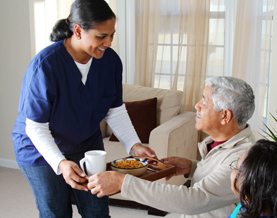
The emotional and multifaceted task of caring for elderly parents can prove draining. There are some tips for caring for your parents that can make the experience easier and reduce family arguments. These tips can help you choose the right Medicare plan and apply for benefits. A patient advocate can be hired to assist you in navigating hospitalizations and discharge. These tips will help you give better care to your elderly parents and reduce your risk of developing dementia.
Senior parent caregiving can be multifaceted.
Caring to an elderly parent poses many challenges. Although most elderly parents will turn to their adult kids for assistance, many adults don't have the skills or knowledge to care for their parents. Even siblings can be unprepared and an able child could become ineffective. It is crucial to build relationships with loved ones and share your feelings. The caregiver must be open and honest with the care-receiver about their own feelings. Caring for someone with dementia is a complex experience that requires thoughtful and caring care.
Caring for parents can be a difficult task. Some caregivers find unexpected joy and solace while others feel deep depression or worry. Research shows that caregivers have higher rates of clinical depression than the general population. Guilt can also be manifested during caregiving. Here are some strategies to help you cope. Learn Sustenance & Hope for Caregivers of Older Parents: Bread of Angels

It can be exhausting both emotionally and physically.
Caring for elderly parents can be physically and mentally exhausting. Even friends who don't know the responsibilities of caring for elderly parents may not be able to sympathize or understand the stress involved. Family members can help, but caring for a parent can take up precious family time. The caregiver may feel depressed and isolated, and guilt may be a constant companion. This type of mental fatigue is just as dangerous as physical exhaustion. It can also cloud judgment.
You may need to confront your parents about their fears and needs as a family caregiver. Aging can be scary for seniors, who often fear the loss of their independence and the long-term effects of serious medical conditions. You may also find them hiding new symptoms or becoming secretive. Watching your parents make reckless decisions can cause you to experience an identity crisis. But, you can easily manage the stress by acknowledging signs of emotional and/or physical exhaustion.
It can help reduce tension and family disputes
It is important to keep in touch with your parents, especially if you have elderly parents. This will help avoid any family disputes. Regular family meetings can be a great way of discussing any changes in care or potential problems. Technology can also help streamline communication, especially if your elderly parents aren't in the same place all the time. You can also bring in a third party to mediate these family meetings. Remember that siblings can foster strong intergenerational bonds by allowing them to communicate openly.
Siblings are often at odds over who should be caring for their aging parents. Siblings may disagree about who should pay for care, how the parent should eat and how much money they should spend on a specific task. These situations are not always fair. While it can be difficult to watch an elderly parent's health decline, disagreements about who should care for them shouldn't lead families to fight.

It can reduce dementia risk
Even though dementia is on the rise, it's possible to reduce the risk of your parents getting it by engaging in both mental and physical activities. Regular physical activity can help keep your brain active, healthy, and in good health. Being physically active can improve circulation and heart function, as well mental well-being. Learning a new language or taking up classes are two options. The brain can be challenged by learning a new skill or language.
Exercise can also reduce the risk of dementia. Research shows that people with more education are at lower risk of developing Alzheimer's disease. People with higher education levels develop stronger networks in the brain, which are better equipped to deal with cell damage. This damage is what causes Alzheimer's Disease. Make sure you do everything you can for your parent to stay as healthy and happy as possible. Include these activities in your daily routine. Even if it's not possible to go to the gym, you can take a 30 minute walk or use the stairs instead.